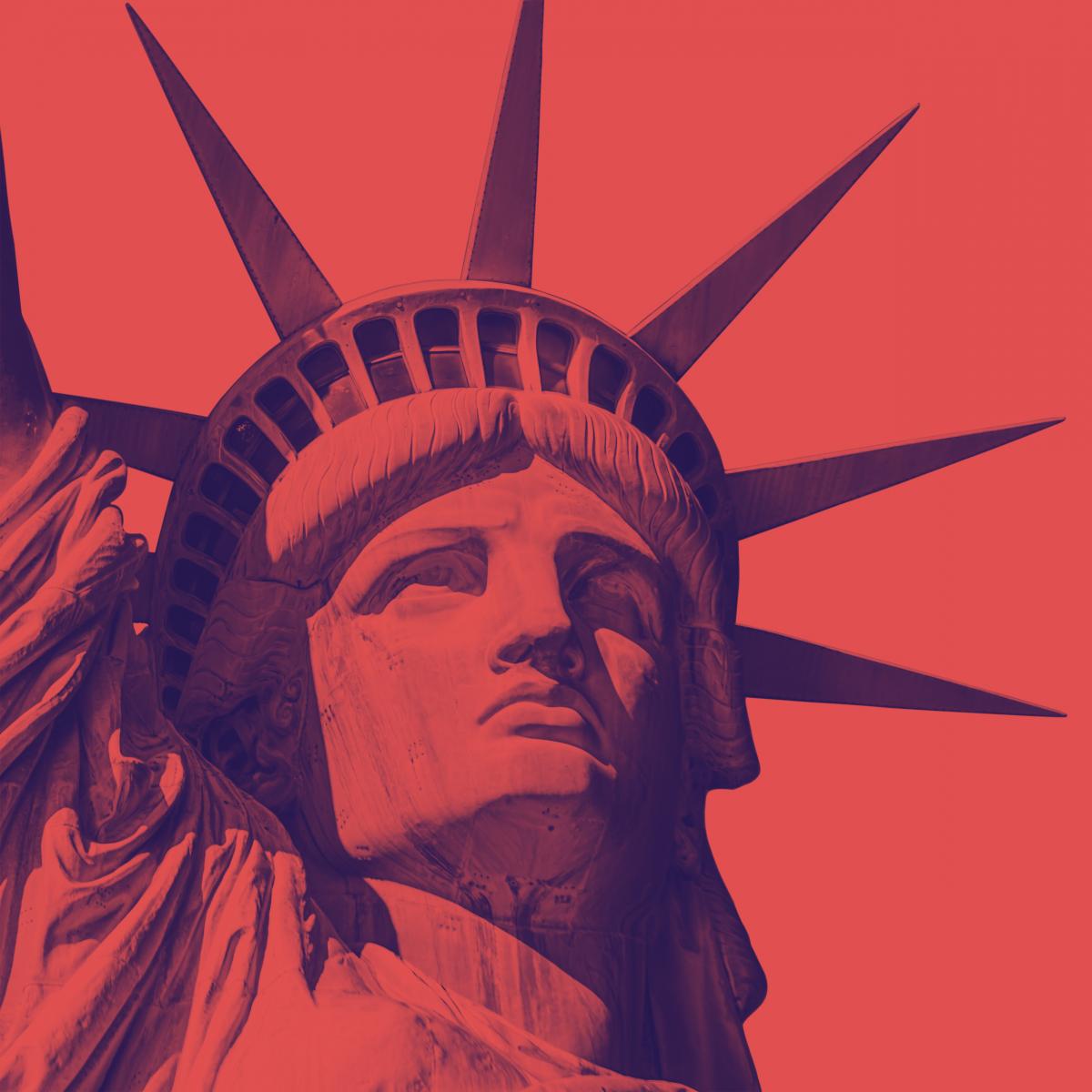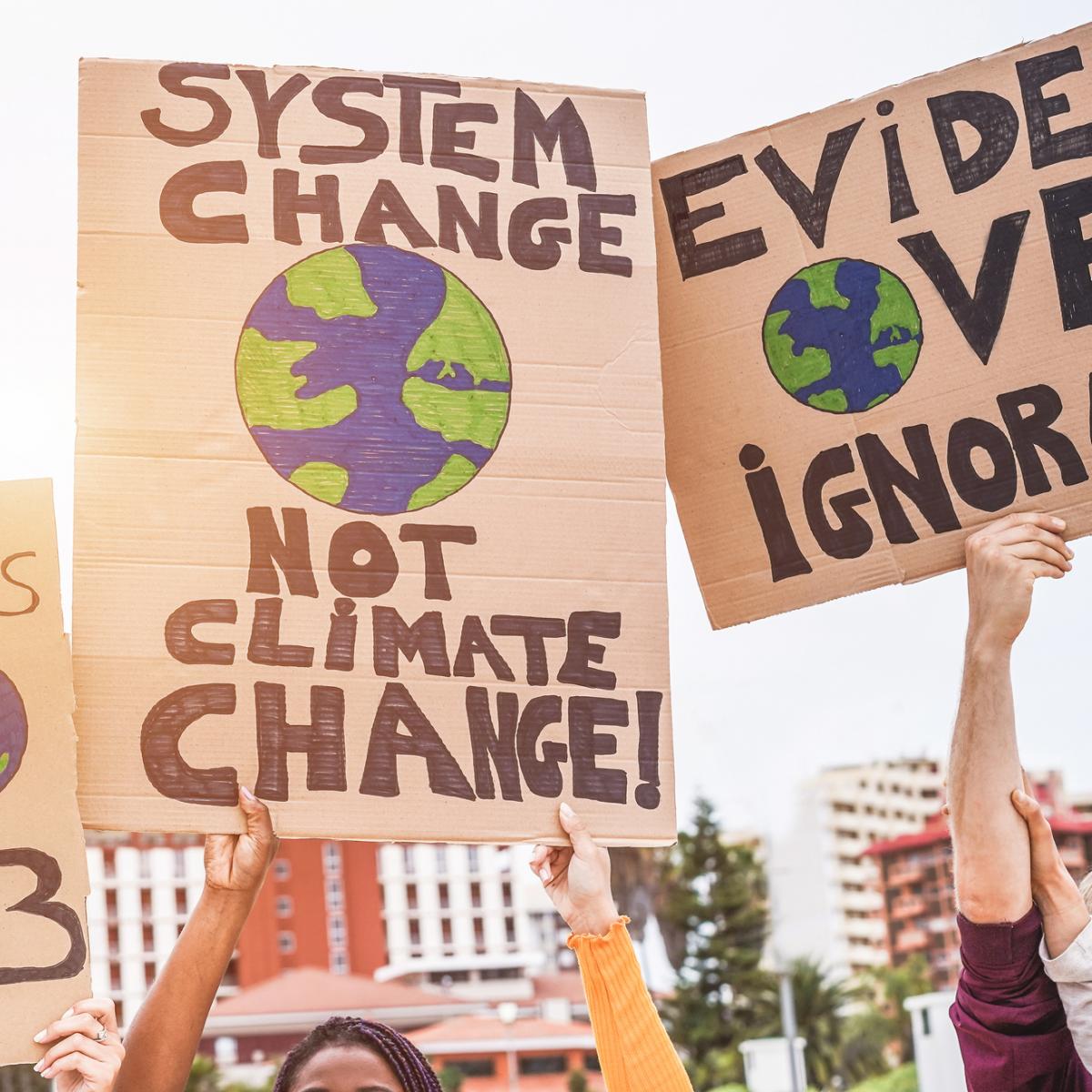The Great Reset is on everyone’s mind, whether everyone knows it or not. It is presaged by the measures undertaken by states across the world in response to the covid-19 crisis. (I mean by “crisis” not the so-called pandemic itself, but the responses to a novel virus called SARS-2 and the impact of the responses on social and economic conditions.) In his book, COVID-19: The Great Reset, World Economic Forum (WEF) founder and executive chairman Klaus Schwab writes that the covid-19 crisis should be regarded as an “opportunity [that can be] seized to make the kind of institutional changes and policy choices that will put economies on the path toward a fairer, greener future.”1 Although Schwab has been promoting the Great Reset for years, the covid crisis has
Topics:
Michael Rectenwald considers the following as important: 6b) Mises.org, Featured, newsletter
This could be interesting, too:
Nachrichten Ticker - www.finanzen.ch writes Die Performance der Kryptowährungen in KW 9: Das hat sich bei Bitcoin, Ether & Co. getan
Nachrichten Ticker - www.finanzen.ch writes Wer verbirgt sich hinter der Ethereum-Technologie?
Martin Hartmann writes Eine Analyse nach den Lehren von Milton Friedman
Marc Chandler writes March 2025 Monthly
 The Great Reset is on everyone’s mind, whether everyone knows it or not. It is presaged by the measures undertaken by states across the world in response to the covid-19 crisis. (I mean by “crisis” not the so-called pandemic itself, but the responses to a novel virus called SARS-2 and the impact of the responses on social and economic conditions.)
The Great Reset is on everyone’s mind, whether everyone knows it or not. It is presaged by the measures undertaken by states across the world in response to the covid-19 crisis. (I mean by “crisis” not the so-called pandemic itself, but the responses to a novel virus called SARS-2 and the impact of the responses on social and economic conditions.)
In his book, COVID-19: The Great Reset, World Economic Forum (WEF) founder and executive chairman Klaus Schwab writes that the covid-19 crisis should be regarded as an “opportunity [that can be] seized to make the kind of institutional changes and policy choices that will put economies on the path toward a fairer, greener future.”1 Although Schwab has been promoting the Great Reset for years, the covid crisis has provided a pretext for finally enacting it. According to Schwab, we should not expect the postcovid world system to return to its previous modes of operation. Rather, alternating between description and prescription, Schwab suggests that changes will be, or should be, enacted across interlocking, interdependent domains to produce a new normal.
So, just what is the Great Reset and what is the new normal it would establish?
The Great Reset means reduced incomes and carbon use. But Schwab and the WEF also define the Great Reset in terms of the convergence of economic, monetary, technological, medical, genomic, environmental, military, and governance systems. The Great Reset would involve vast transformations in each of these domains, changes which, according to Schwab, will not only alter our world but also lead us to “question what it means to be human.”2
In terms of economics and monetary policy, the Great Reset would involve a consolidation of wealth, on the one hand, and the likely issuance of universal basic income (UBI) on the other.3 It might include a shift to a digital currency,4 including a consolidated centralization of banking and bank accounts, immediate real-time taxation, negative interest rates, and centralized surveillance and control over spending and debt.
While every aspect of the Great Reset involves technology, the Great Reset specifically entails “the Fourth Industrial Revolution,”5 or transhumanism, which includes the expansion of genomics, nanotechnology, and robotics and their penetration into human bodies and brains. Of course, the fourth Industrial Revolution involves the redundancy of human labor in increasing sectors, to be replaced by automation. But moreover, Schwab hails the use of nanotechnology and brain scans to predict and preempt human behavior.
The Great Reset means the issuance of medical passports, soon to be digitized, as well as the transparency of medical records inclusive of medical history, genetic makeup, and disease states. But it could include the implanting of microchips that would read and report on genetic makeup and brain states such that “[e]ven crossing a national border might one day involve a detailed brain scan to assess an individual’s security risk.”6
On the genomic front, the Great Reset includes advances in genetic engineering and the fusion of genetics, nanotechnology, and robotics.
In military terms, the Great Reset entails the creation of new battle spaces including cyberspaces and the human brain as a battle space.7
In terms of governance, the Great Reset means increasingly centralized, coordinated, and expanded government and “governmentalities,” the convergence of corporations and states, and the digitalization of governmental functions, including, with the use of 5G and predictive algorithms, real-time tracking and surveillance of bodies in space or the “anticipatory governance” of human and systems behavior.8
That being said, “the Great Reset” is but a coordinated propaganda campaign shrouded under a cloak of inevitability. Rather than a mere conspiracy theory, as the New York Times has suggested,9 the Great Reset is an attempt at a conspiracy, or the “wishful thinking”10 of socioeconomic planners to have corporate “stakeholders”11 and governments adopt the desiderata of the WEF.
In order to sell this package, the WEF mobilizes the warmed-over rhetoric of “economic equality,” “fairness,” “inclusion,” and “a shared destiny,” among other euphemisms.12 Together, such phrases represent the collectivist, socialist political and ideological component of the envisioned corporate socialism13 (since economic socialism can never be enacted, it is always only political and ideological).
I’ll examine the prospects for the Great Reset in future installments. But suffice it to say for now that the WEF envisions a bio-techno-feudalist global order, with socioeconomic planners and corporate “stakeholders” at the helm and the greater part of humanity in their thrall. The mass of humanity, the planners would have it, will live under an economic stasis of reduced expectations, with individual autonomy greatly curtailed if not utterly obliterated. As Mises suggested, such planners are authoritarians who mean to supplant the plans of individual actors with their own, centralized plans. If enacted, such plans would fail, but their adoption would nevertheless exact a price.
- 1. Klaus Schwab and Thierry Malleret, COVID-19: The Great Reset (n.p.: Forum Publishing, 2020), p. 57.
- 2. Schwab, Klaus. The Fourth Industrial Revolution (New York: Crown Business, 2017), p. vii.
- 3. Kanni Wignaraja and Balazs Horvath, “Universal Basic Income Is the Answer to the Inequalities Exposed by COVID-19,” World Economic Forum, Apr. 17, 2020, https://www.weforum.org/agenda/2020/04/covid-19-universal-basic-income-social-inequality/.
- 4. “The Fed Explores Possibility of Issuing Digital Currency,” BitIRA, Jan. 9, 2020, https://www.bitira.com/fed-explores-digital-currency/.
- 5. Klaus Schwab, “The Fourth Industrial Revolution: What It Means, How to Respond,” World Economic Forum, Jan. 14, 2016, https://www.weforum.org/agenda/2016/01/the-fourth-industrial-revolution-what-it-means-and-how-to-respond/.
- 6. Klaus Schwab and Nicholas Davis, Shaping the Future of the Fourth Industrial Revolution: A Guide to Building a Better World (New York: Currency, 2018), p. 173.
- 7. Tim Requarth, “This Is Your Brain. This Is Your Brain as a Weapon.,” Foreign Policy, Sept. 9, 2015, https://foreignpolicy.com/2015/09/14/this-is-your-brain-this-is-your-brain-as-a-weapon-darpa-dual-use-neuroscience/.
- 8. Wikipedia, s.v. “Anticipatory Governance,” last modified Apr. 14, 2020, 01:57, https://en.wikipedia.org/wiki/Anticipatory_governance.
- 9. Davey Alba, “The Baseless ‘Great Reset’ Conspiracy Theory Rises Again,” New York Times, Nov. 17, 2020, https://www.nytimes.com/live/2020/11/17/world/covid-19-coronavirus#the-baseless-great-reset-conspiracy-theory-rises-again.
- 10. Alberto Mingardi, “The Great Reset: Between Conspiracy and Wishful Thinking,” Library of Economics and Liberty (Econlib), Dec. 1, 2020, https://www.econlib.org/the-great-reset-between-conspiracy-and-wishful-thinking/.
- 11. “Stakeholder Capitalism: A Manifesto for a Cohesive and Sustainable World,” World Economic Forum Blog, Jan. 14, 2020, https://www.weforum.org/press/2020/01/stakeholder-capitalism-a-manifesto-for-a-cohesive-and-sustainable-world/.
- 12. Nicholas Davis, “What Is the Fourth Industrial Revolution?,” World Economic Forum, Jan. 19, 2016,https://www.weforum.org/agenda/2016/01/what-is-the-fourth-industrial-revolution/.
- 13. Michael Rectenwald, “Who Funds the Riotous American Left and Why? The Globalist Billionaire Class, Which Uses It to Build Corporate Socialism,” Michael Rectenwald (website), Oct. 12, 2020, https://www.michaelrectenwald.com/essays/why-capitalists-fund-socialism.
Tags: Featured,newsletter








